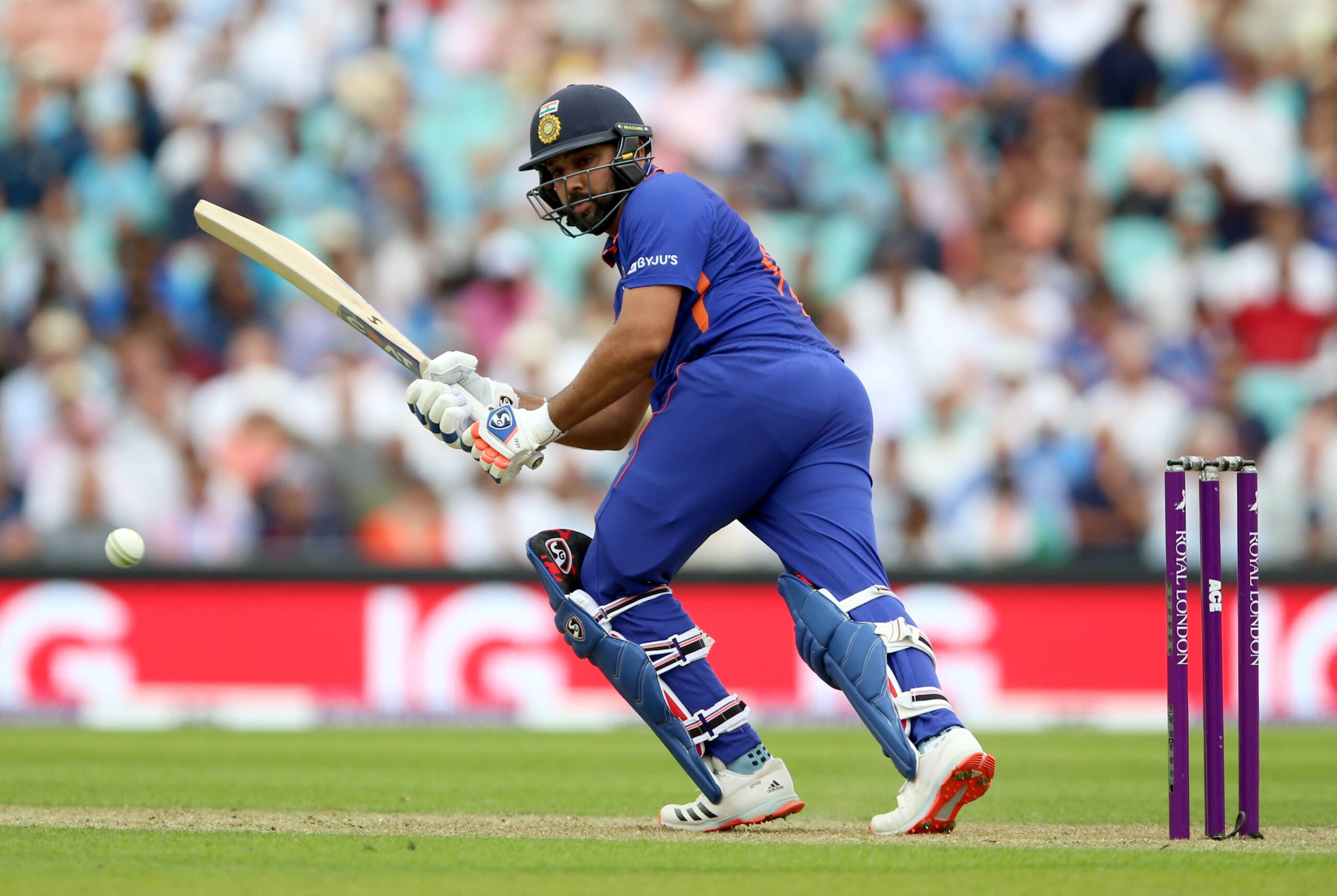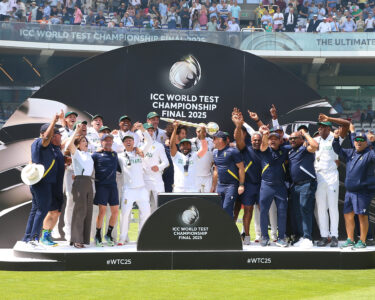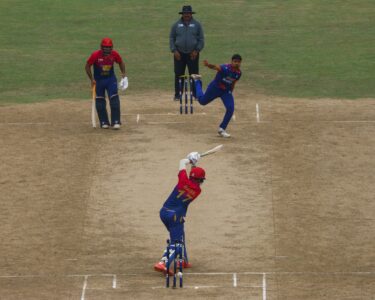At first, T20 cricket was met with resistance from Niranjan Shah, the BCCI secretary at the time, who declared, “India will never play T20.” India did, however, ultimately consent to take part in the establishment of the World T20 tournament in 2007, albeit with significant reservations. In March 2006, Shah expressed his doubts about Twenty20 cricket at an ICC board meeting, challenging the format and proposing alternatives such as ten-ten or five-five cricket. In the end, India and other subcontinental countries agreed to the World T20’s formation in 2007 on the proviso that entry into the tournament would not be required.
By taking advantage of the ICC’s ambition to host the tournament before other businesspeople or organizations could, Mani and Speed persuaded the BCCI to take part in the inaugural T20 World Cup. They said that the ICC would lose its chance to control the format and uphold its authority in the sport if it did not host the Twenty20 World Cup. Instead, they claimed that someone else would. The BCCI was initially hesitant to play in the first event, especially Niranjan Shah, who questioned the format and proposed alternatives like ten-ten or five-five cricket. However, this “first-mover advantage” proved to be vital in convincing the BCCI to play.
Mani and Speed convinced the BCCI to take part in the inaugural T20 World Cup by utilizing the following tactics:
1. First-Mover Advantage: They emphasized that the ICC would lose its power and clout in the sport if it did not host the Twenty20 World Cup, which would be organised by someone else. It was largely thanks to this “first-mover advantage” that the BCCI agreed to take part.
2. Persuasion by Compliance: Due to non-compliance, Mani first turned down the Asian proposal for the ICC World Cups in 2011 and 2015. He extended an invitation to the Asian countries to submit a conforming application, provided they backed all ICC tournaments, including the first-ever T20 World Cup. Under these circumstances, the BCCI grudgingly consented to play in the T20 World Cup.
3. Time and Urgency: Mani and Speed argued that someone else would organize the inaugural World T20 tournament in 2007 if the ICC did not. The BCCI was convinced to take part in the first competition because of this sense of urgency.
These tactics, together with Mani’s success in convincing ECB director David Morgan to put in a bid for the 2011 World Cup, eventually convinced the BCCI to play in the inaugural T20 World Cup, even if they had some misgivings at initially.




